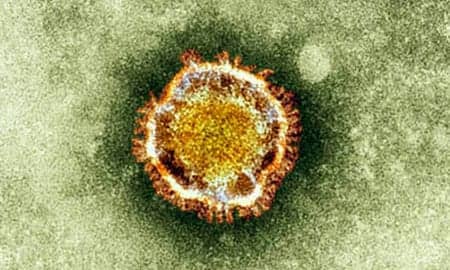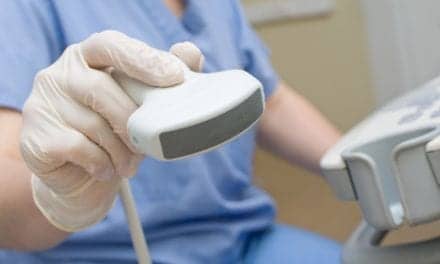The Middle East Respiratory Syndrome Coronavirus (MERS-CoV) has a death rate many times higher than SARS, at 65% and 8%, respectively, according to study results online ahead of print in The New England Journal of Medicine. Experts caution that relatively fewer people are infected with MERS-CoV and the death rate may come down if more cases are identified, including among those with mild symptoms.
An investigative team of infectious disease experts traveled to Saudi Arabia during an outbreak of MERS-CoV to investigate the spread of the virus in four local Saudi hospitals. At the start of the study, 23 people in Saudi Arabia were infected with MERS-CoV; 15 had died. Saudi health officials now put the death toll at 32, with another 49 infected.
Researchers found that MERS is not only easily transmitted from patient to patient, according to the authors, but also from the transfer of sick patients to other hospitals. The experts, who also investigated the severe acute respiratory syndrome (SARS) outbreak in Toronto hospitals in 2003, said swift action by local health officials to quickly monitor the situation and spread of the disease, supported by rapid detection, isolation and treatment of those infected, largely helped stem the outbreak.
“The story of how this outbreak occurred and how this virus was transmitted became very clear once we started to lay out the evidence and saw that one infected patient had been in the hospital at the same time as another infected patient, and this patient was transferred to another hospital, where another patient became infected shortly thereafter,” said Trish Perl, MD, MSc, senior hospital epidemiologist for Johns Hopkins Medicine, a professor at the Johns Hopkins University School of Medicine, and a member of the research team. “Our investigation showed some surprising similarities between MERS and SARS. Both are very deadly viruses and easily transferred between people, and even between health care facilities.”
She explained that early detection makes a difference; 3 of 4 died among those who were diagnosed while already ill and in hospital, while only 3 out of 19 died among those who were diagnosed early after admission to a hospital.
According to researchers, a rapid test to detect MERS is the next priority in containing future MERS outbreaks. Perl noted that medical experts also must determine what precautions are most important in preventing its spread, and what screening criteria need to be in place to prevent outbreaks from hospital-to-hospital patient transfers.










